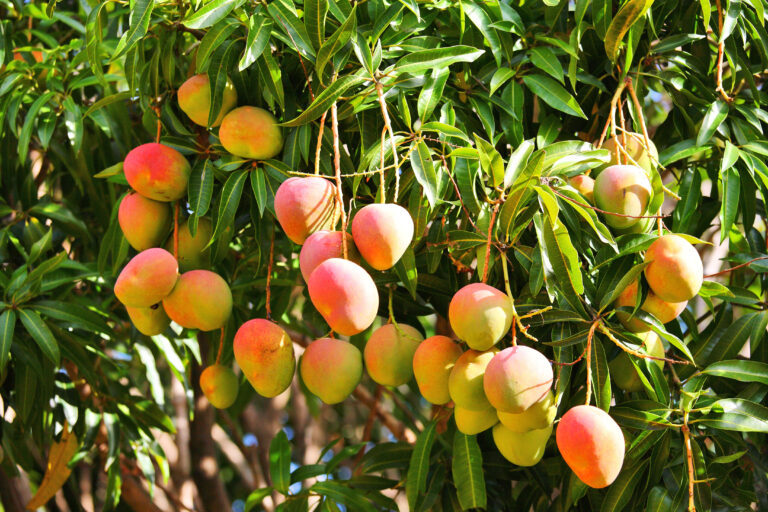If you are a certified organic food producer in Canada, your products can now be sold and labelled as organic in Mexico as well. On February 15, 2023, a new Canada-Mexico Organic Equivalency Arrangement (CMOEA) went into effect, recognizing the two national organic systems as equivalent.
The CMOEA applies to agricultural and processed products of plant origin grown or produced within either country, livestock and livestock products produced in Canada, and organic products whose final processing or packaging occurs within either country (e.g., fresh, frozen, or canned fruits and vegetables; meat, poultry, dairy or egg products, etc.). There are some limitations, however. For example, organic products certified to the Mexican Organic Standard and imported to Canada cannot be re-exported to the United States (U.S.) or used as an ingredient in processed products exported to the U.S. under the US-Canada Organic Equivalence Arrangement.
The specific Canadian organic products that are covered under CMOEA and can be sold in Mexico include:
- agricultural products of plant origin
- processed foods of plant origin
- livestock
- processed food products containing livestock ingredients
- beekeeping products
The products may use the Canada organic logo or the Mexican (AGRICULTURA) seal for exports in compliance with Mexico’s labeling requirements. Additionally, products exported to Mexico under the CMOEA must include an International Transactions Document (SENAISCA form O-SQ-F03) that attests to its compliance with the MOU, issued by a CFIA-accredited certification body.
Mexican organic products covered under to CMOEA include:
- agricultural products of plant origin including fungi
- processed foods of plant origin
- beekeeping products
The products may use the AGRICULTURA seal or the Canada organic logo for exports in accordance with the SFCR. Additionally, products imported to Canada must include an organic certificate and export certificate attesting to compliance with the MOU, issued by an LPO-accredited AGRICULTURA certification body.
The Canada-Mexico memorandum of understanding (MOU) brings into effect the eighth such arrangement, as Canada currently also has organic equivalency arrangements with Costa Rica, EU, Japan, Switzerland, Taiwan, UK, and the US. Equivalency determinations allow two differing standards, regulations, or procedures to remain as is (in each country) but treats them as if they are the same as long as they achieve the same results and policy objectives even if through different means.
With a goal of ensuring the principles and outcomes are equivalent, the arrangements are based on assessment of regulatory elements of the two countries, including regulations, accreditation criteria, certification criteria, standards, and monitoring and enforcement activities. Variances that cannot be resolved become exceptions that are outlined in the arrangement.
Canada’s enacting of equivalency arrangements expands consumers’ organic choices and industry’s market access for their products. With 66% of Canadian shoppers buying organic on a weekly basis, the addition of the Canada/Mexico organic equivalency agreement is sure to be a welcome addition to their options.





